Keywords: Poetry
There are more than 24 results, only the first 24 are displayed here.
Become a subscriber for more search results.
-
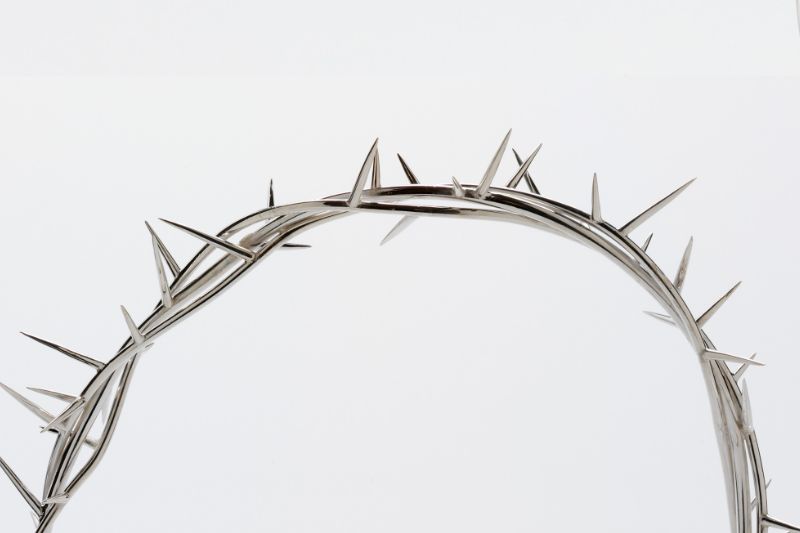
ARTS AND CULTURE
- Damian Balassone
- 01 May 2025
Despite the raging storm, I clearly see a figure on the Sea of Galilee/ a Son of Man/ with outstretched hands/ and he is calling me.
READ MORE
-
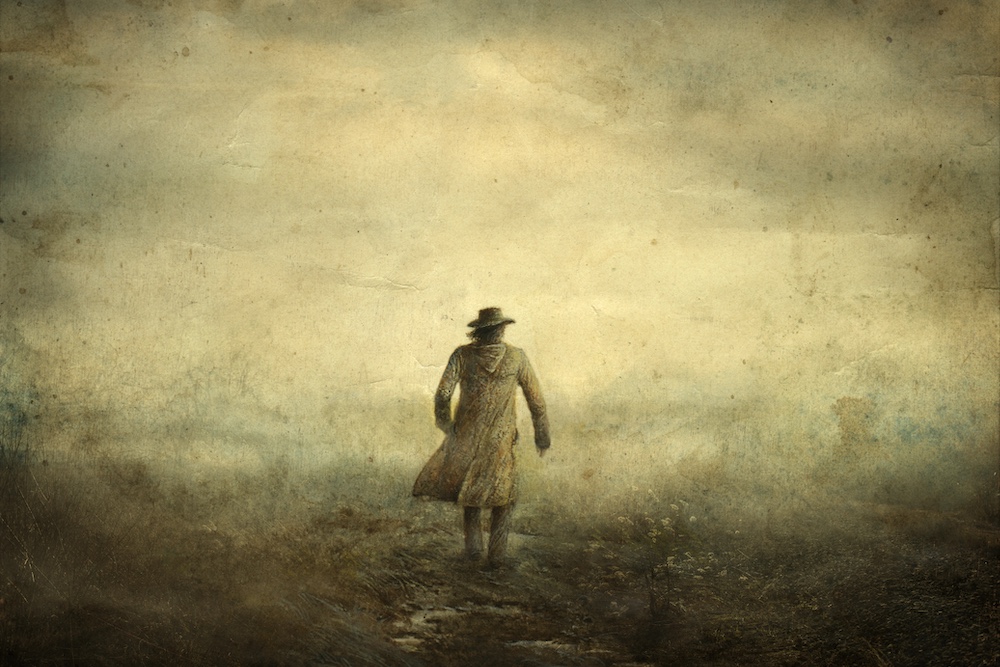
INTERNATIONAL
- Warwick McFadyen
- 30 April 2025
And so as the 21st century marked its first quarter, reality in the most powerful country on Earth slipped into a vortex of blurred lines of what it meant to be a living, moral being.
READ MORE
-
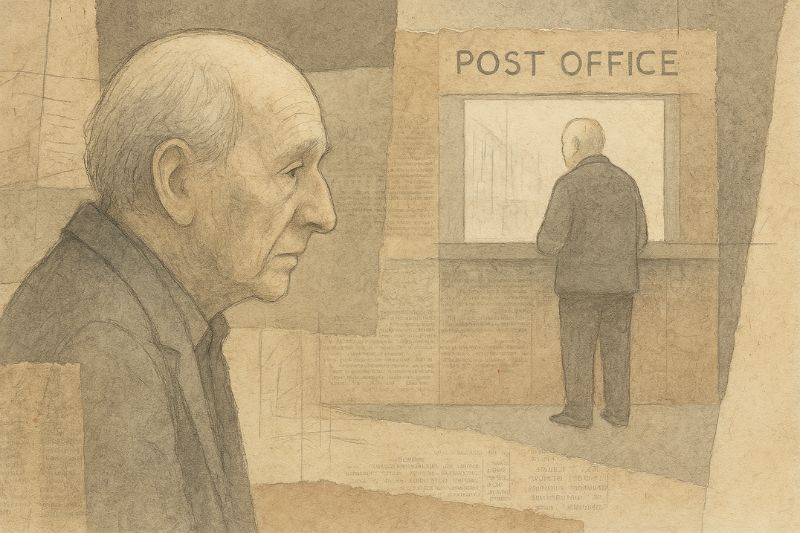
AUSTRALIA
- Michael McGirr
- 14 April 2025
When Holocaust survivor Jacob Rosenberg once spotted his friend's murderer in a Melbourne post office queue, he discovered that peace doesn't start with grand gestures, but quiet moments of letting go.
READ MORE
-

ARTS AND CULTURE
- Michael Farrell
- 13 March 2025
Portents, auguries, challenge my faith. A star shines over a publishing house. They have produced a book by a poet who has never written a word. Poetry bends, pretends, protects, its grand scope.
READ MORE
-
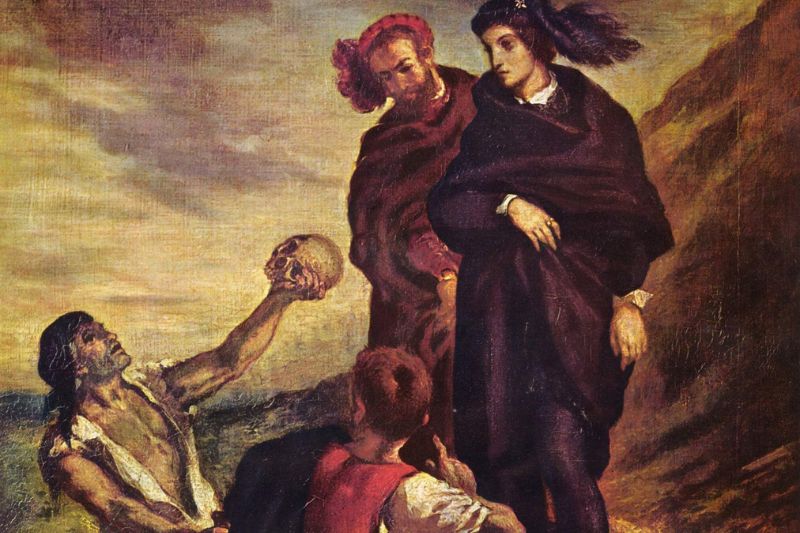
ARTS AND CULTURE
- Warwick McFadyen
- 06 March 2025
What does a forgotten cemetery job ad from 1860 reveal about the lives we honour, the work we overlook, and the honesty we still hope for? A chance discovery in the archives becomes a meditation on honesty, mortality, and the curious poetry of forgotten lives.
READ MORE
-

INTERNATIONAL
- Gillian Bouras
- 27 February 2025
Europe faces a moment of strategic recalibration as shifting U.S. priorities put transatlantic ties under strain, raising concerns about Europe’s defence standing. With war on its borders and internal divisions mounting, the European Union must rethink its role in an increasingly uncertain world.
READ MORE
-

INTERNATIONAL
- Anonymous
- 20 February 2025
Myanmar’s military-led turmoil drives millions from their homes, bombs local communities, and keeps democracy icon Aung San Suu Kyi behind bars. Once a nation of proud heritage and abundant resources, it now teeters on social and economic collapse. Our deep dive examines an enduring crisis and the determination powering an urgent call for change.
READ MORE
-
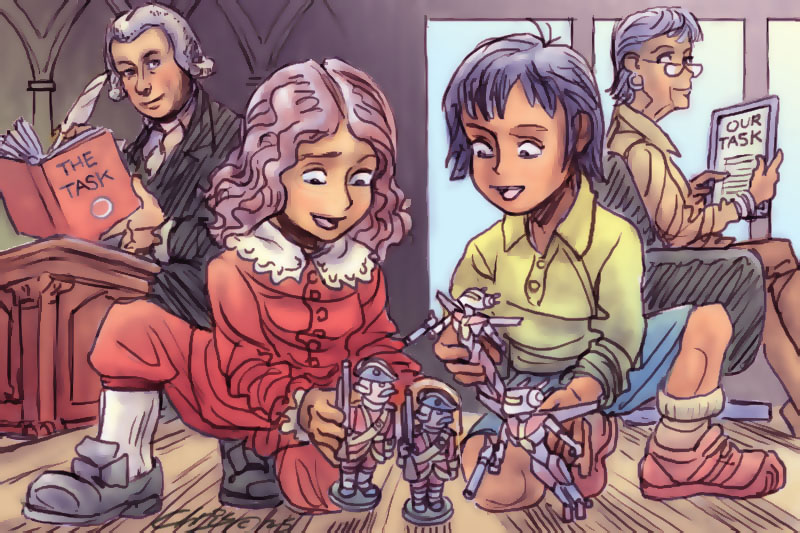
ARTS AND CULTURE
- Gillian Bouras
- 19 February 2025
William Cowper’s The Task, written in 1785, echoes today’s anxieties with eerie precision — war, oppression, the weight of the world. Can poetry offer solace in chaotic times? A journey through memory, history, and resilience might hold the answer.
READ MORE
-

ARTS AND CULTURE
- Andrew Hamilton
- 14 February 2025
These poets offer distinct reflections on life, faith, and human experience in their recent work. From Kelly’s reflective musings on faith and education to Mead’s exploration of motherhood and nature, and McFadyen’s grappling with grief, their works search for a ‘something more’.
READ MORE 
-
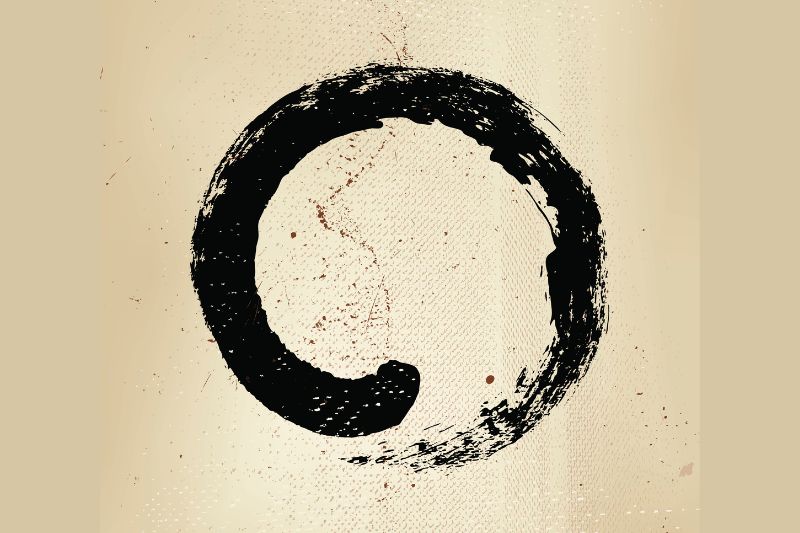
ARTS AND CULTURE
- Geoff Page
- 12 February 2025
Where do cultures start, we ask? What forgotten emperor thought up walls without graffiti? I’m told now that it’s not that simple. Japan when under martial law was famous for its litter.
READ MORE
-

AUSTRALIA
- Warwick McFadyen
- 29 January 2025
The relationship between a teacher and a student can be profound in ways that are not realised at the time. As schools go back, it's worth revisiting the gratitude we have for our great teachers, and reaffirming how a mentor’s gentle encouragement can shape a lifetime.
READ MORE
-
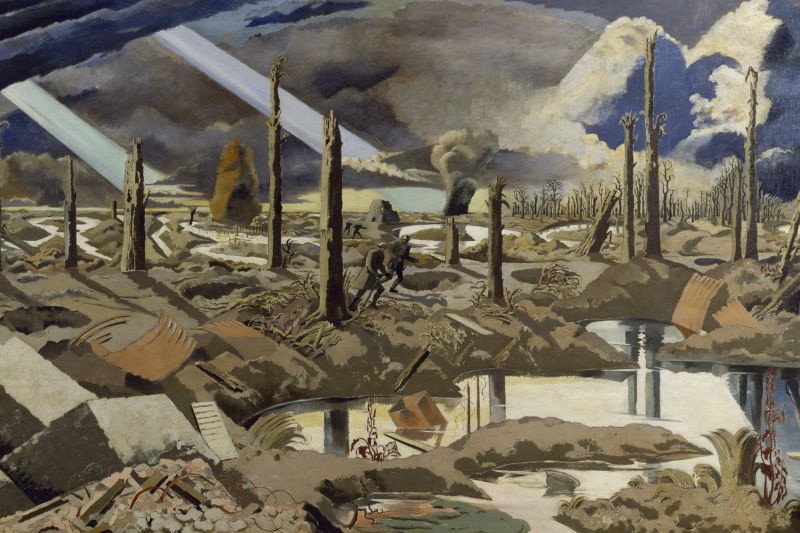
ARTS AND CULTURE
- Warwick McFadyen
- 16 January 2025
As the world turns into 2025, echoes of 1925 linger: T.S. Eliot's The Hollow Men introduced us to a 'whimper' of despair, while Hitler's Mein Kampf foreshadowed catastrophe. What do these works from a century ago say about the fragility of human progress?
READ MORE